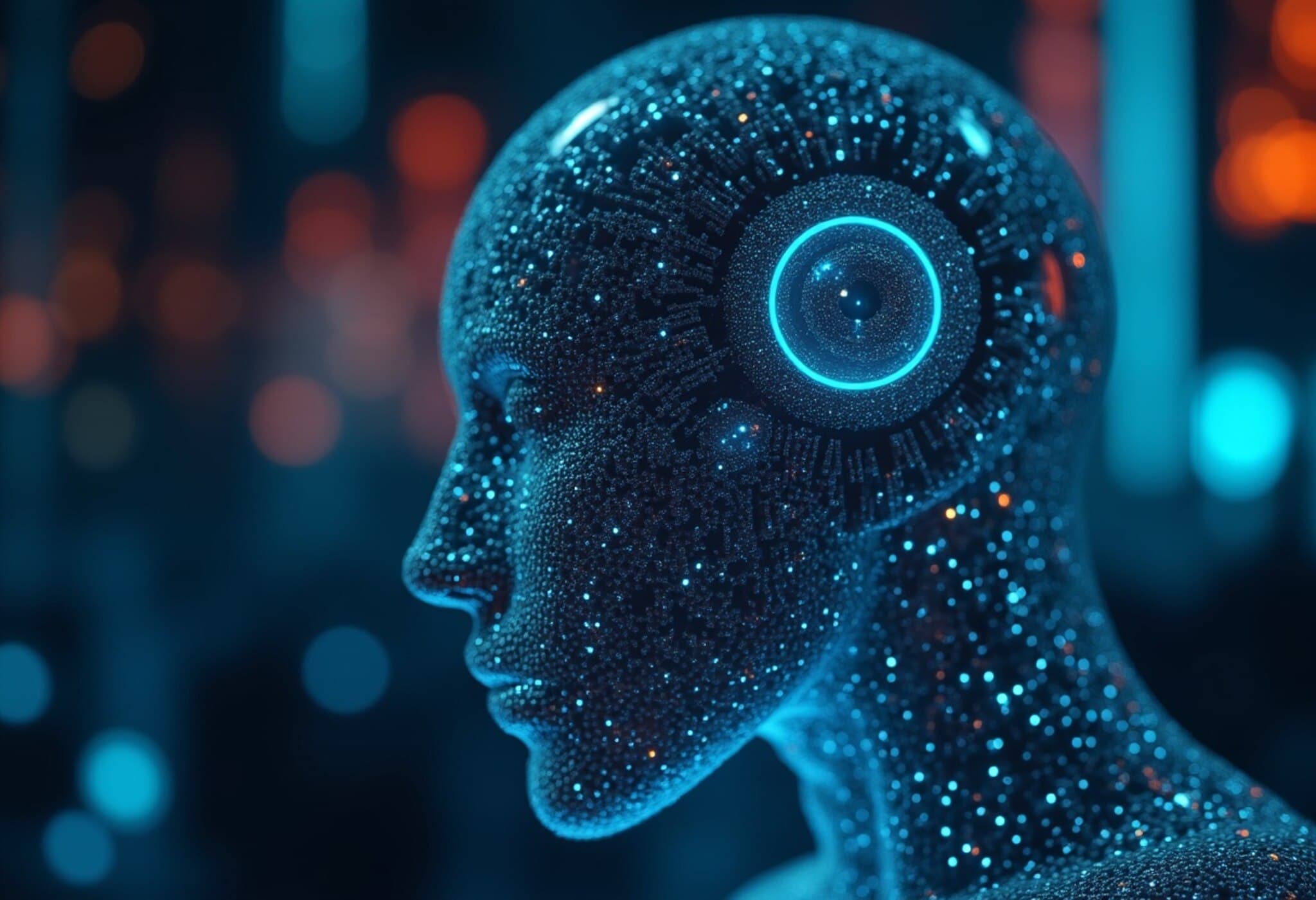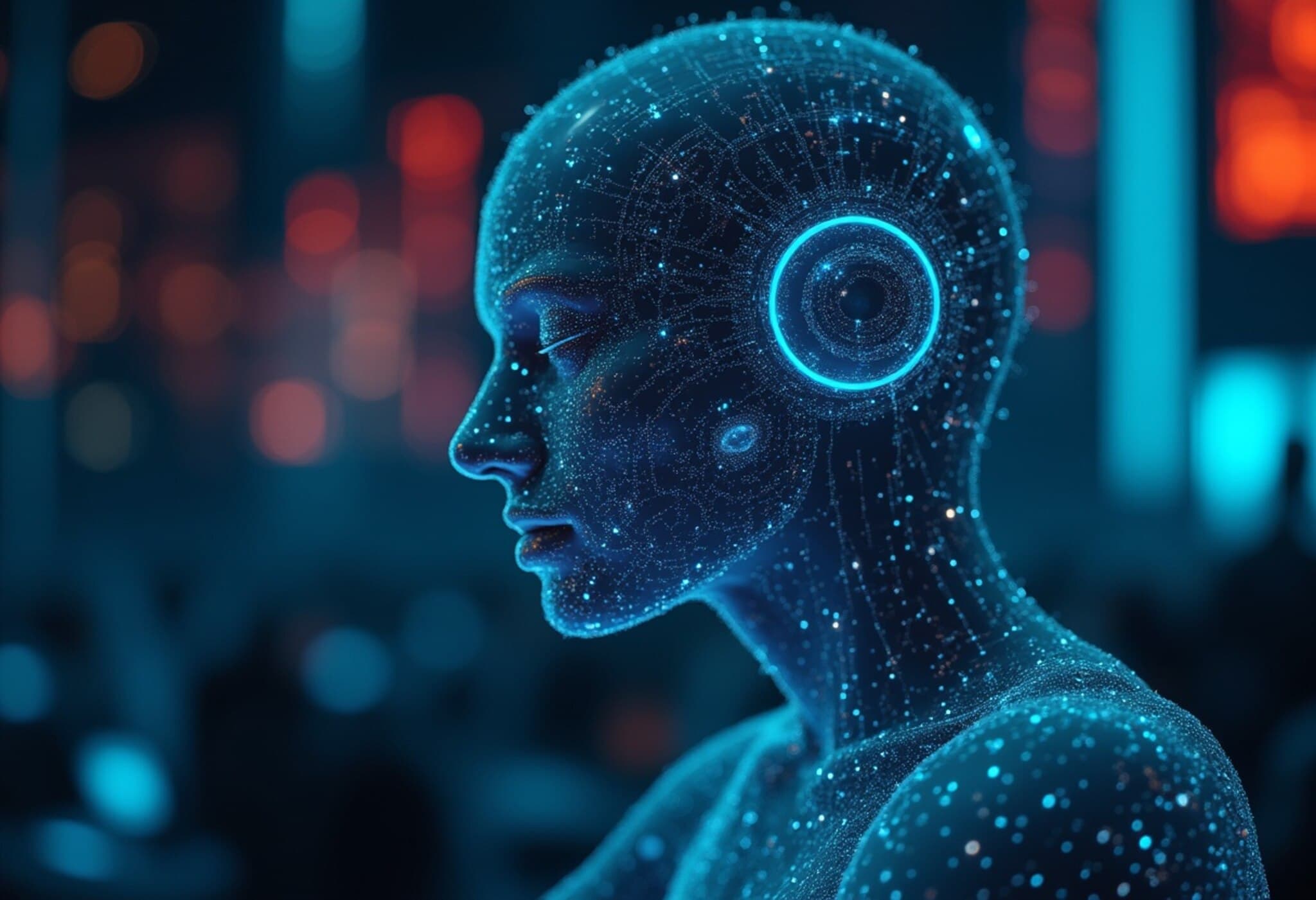GitHub CEO Thomas Dohmke to Leave as AI Competition Heats Up
Thomas Dohmke, who has helmed GitHub since 2021, announced his departure from the Microsoft-owned software development platform. His exit comes as the AI-assisted coding market becomes fiercely competitive, reshaping the future of software engineering.
The Rise and Evolution Under Dohmke's Leadership
Dohmke joined Microsoft in 2015 after his startup, HockeyApp, was acquired. When Microsoft purchased GitHub for $7.5 billion in 2018, Dohmke transitioned there, eventually becoming CEO in 2021, succeeding Nat Friedman. Under his guidance, GitHub’s user base surged spectacularly from 73 million to over 150 million developers, more than doubling in just a few years—a testament to the platform's expanding global reach and relevance.
In a recent blog post addressed to employees, Dohmke shared his decision to leave the company to "become a founder again," signaling a return to entrepreneurial roots. Despite this, he pledged to remain through the end of 2025 to ensure a smooth leadership transition. Notably, Microsoft has not named a successor, leaving speculation about the strategic direction GitHub will take amid rapid AI advancements.
GitHub’s Role Within Microsoft’s Aggressive AI Push
GitHub now operates within Microsoft's CoreAI group, led by former Meta executive Jay Parikh. This strategic positioning aligns with Microsoft’s broader ambition to invest tens of billions annually in AI infrastructure and development—especially following CEO Satya Nadella’s public commitment to embedding AI deeply across the company’s ecosystem.
GitHub’s flagship AI-powered tool, Copilot, developed in partnership with OpenAI, exemplifies this vision. Launched under Friedman's leadership, Copilot suggests code snippets to developers in real time, effectively functioning as an AI pair programmer. As of mid-2025, Copilot boasts over 20 million users worldwide, with its enterprise clientele growing 75% quarter over quarter according to Nadella—a clear indicator of AI’s transformative potential within software development workflows.
Pressure from New-Age AI Coding Competitors
Despite GitHub’s head start given its massive user base and integration with Microsoft's AI capabilities, new competitors are aggressively gaining ground. Companies like Cursor (from Anysphere), Replit, and Windsurf are pioneering “AI vibe coding”—leveraging large language models to rapidly generate functional app and website code. Windsurf’s CEO was even recruited by Microsoft last month as part of a blockbuster $2.4 billion AI talent acquisition.
Data from a recent Stack Overflow survey shows shifting preferences among developers: roughly 76% still use Microsoft’s Visual Studio Code, but Cursor captured nearly 18%, Anthropic’s Claude Code about 10%, and Windsurf 5%. Remarkably, these emerging tools were absent from similar surveys just a year earlier, underscoring how quickly the AI coding landscape is evolving.
Looking Ahead: The Future of AI and Software Development
Dohmke expressed optimism about the future impact of AI on coding: "I am more convinced than ever that the world will soon see one billion developers enabled by billions of AI agents, each imprinting human ingenuity into a new gold rush of software." His words capture a bigger narrative—the dawn of an AI-driven era where human creativity is amplified by intelligent agents, democratizing software creation like never before.
As GitHub embarks on a new chapter without Dohmke, the tech world will be watching closely how Microsoft navigates the balance between maintaining GitHub’s leadership and integrating emerging AI innovations. The competitive pressures from nimble startups and shifting developer loyalties pose tough questions about innovation, user experience, and strategic agility in a fast-changing industry.
Editor’s Note
This leadership transition at GitHub is more than a personnel change—it symbolizes the disruptive currents stirring the software development world. While GitHub remains a pillar within Microsoft’s AI ambitions, the rise of agile competitors suggests the coding revolution is entering a turbulent phase of innovation and consolidation. Observers should watch how GitHub evolves its AI tools and ecosystem support, especially as AI-generated code moves from assistance to autonomy. For developers and enterprises alike, the coming years will redefine what it means to write software in an AI-augmented reality.












